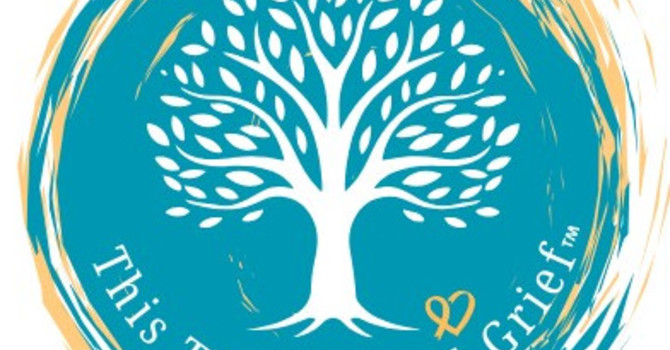
When Stability Feels Slippery: Naming the Loss of “Normal” in Uncertain Times
At This Thing Called Grief, we often say that grief isn’t just about death it’s about change, loss, and the aching spaces between what was and what is. And lately, many families are living in that in-between space. Quietly. Stressfully. Often without naming it.
In today’s uncertain climate, rising costs, stretched budgets, and headlines that feel heavier by the day many people are grieving something that isn’t always easy to articulate: the loss of security.
It shows up in moments that used to feel small. Like the inability to sign your child up for camp this summer. Or having to say “not this time” when they ask to join a sports team, go to the movies, or order that special something at the store. These might seem like everyday parenting challenges. But for many, they carry the quiet weight of guilt, fear, and loss.
This Is a Kind of Grief
We often underestimate how deeply economic uncertainty impacts our emotional well-being. Parents may silently believe that they are somehow “failing” their children because they can’t provide the extras they once did. But let’s be clear: this is not a failure. This is grief.
It’s grief for the life you imagined, for the kind of summer you wanted to give your kids. It’s grief for the ease you once felt, for the security you believed was stable. And when we don’t name it, it doesn’t go away, and it just gets heavier.
Our Kids Feel It Too
Many caregivers instinctively try to shield children from these adult realities. It comes from love, of course. But children are incredibly perceptive. They feel the tension. They hear the whispered “we can’t afford that right now.” They notice the stress in your voice and the tightness in your shoulders.
When we don’t talk to them about what’s going on, their imaginations often fill in the blanks and not always in helpful ways. They might believe they’ve done something wrong, or that there’s something to fear. They carry the emotional temperature of the home, whether we intend them to or not.
Grief Conversations Can Be Connection Conversations
Children can handle hard truths — especially when those truths are wrapped in warmth, honesty, and connection. You don’t need to explain the GDP or inflation rates. But you can say something like:
“Things are a bit tight for us this year, and that means we have to make some different choices. It’s not your fault, and it’s okay to feel disappointed.”
You might be surprised how much relief they feel, just knowing they’re not alone in noticing that things are different. These are grief conversations, but they’re also moments of deep connection.
You Don’t Have to Navigate This Alone
If you think your child is struggling — maybe they’ve become more withdrawn, irritable, anxious, or just “not themselves” — it might be time to talk to someone who can help.
Cynthia Harrison, MSW, at This Thing Called Grief works with children, youth, and families navigating emotional stress, life transitions, and all the quiet forms of grief that don’t always get named. She offers a compassionate, developmentally sensitive space for kids to feel heard, supported, and resourced — and for parents to feel a little less alone.
You can book a session with Cynthia through our website www.thisthingcalledgrief.com or reach out to learn more about how therapy might support your family.
Grief doesn’t always look like tears. Sometimes, it looks like tension, like overwhelm, like quiet disappointment. And it deserves our care.
At This Thing Called Grief, we’re here to walk alongside you — and your children — as you navigate these complex, uncertain times with compassion and courage.



